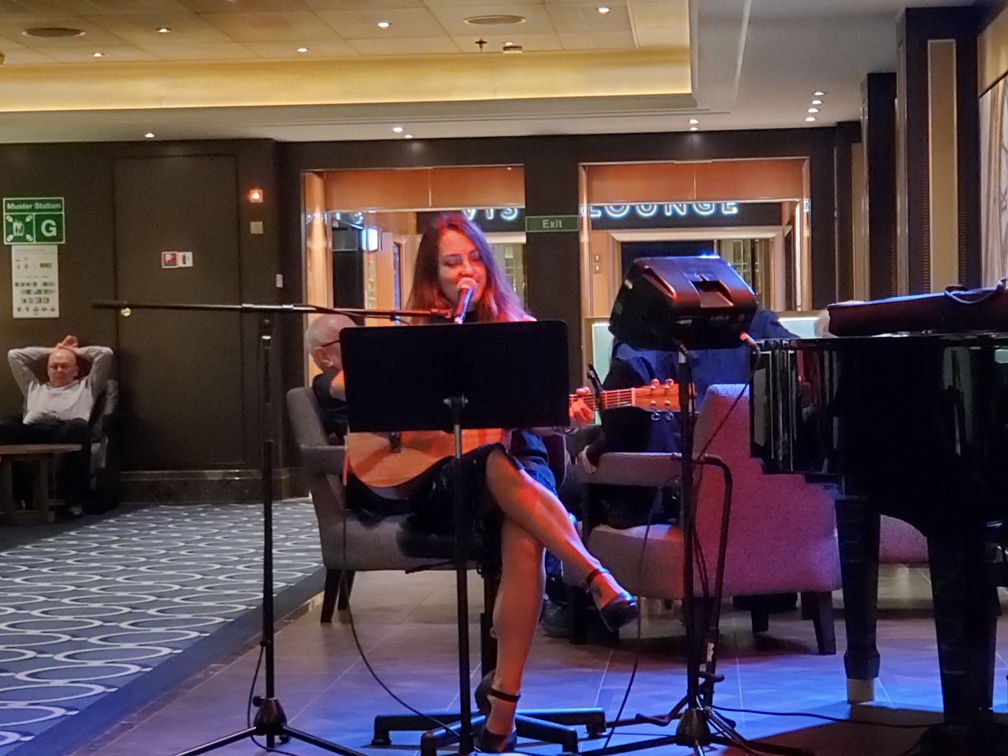Cruise #36: 14 night Atlantic
Crossing plus 7 days in Tuscany
March 9-23, 2023, 23-30 Tuscany
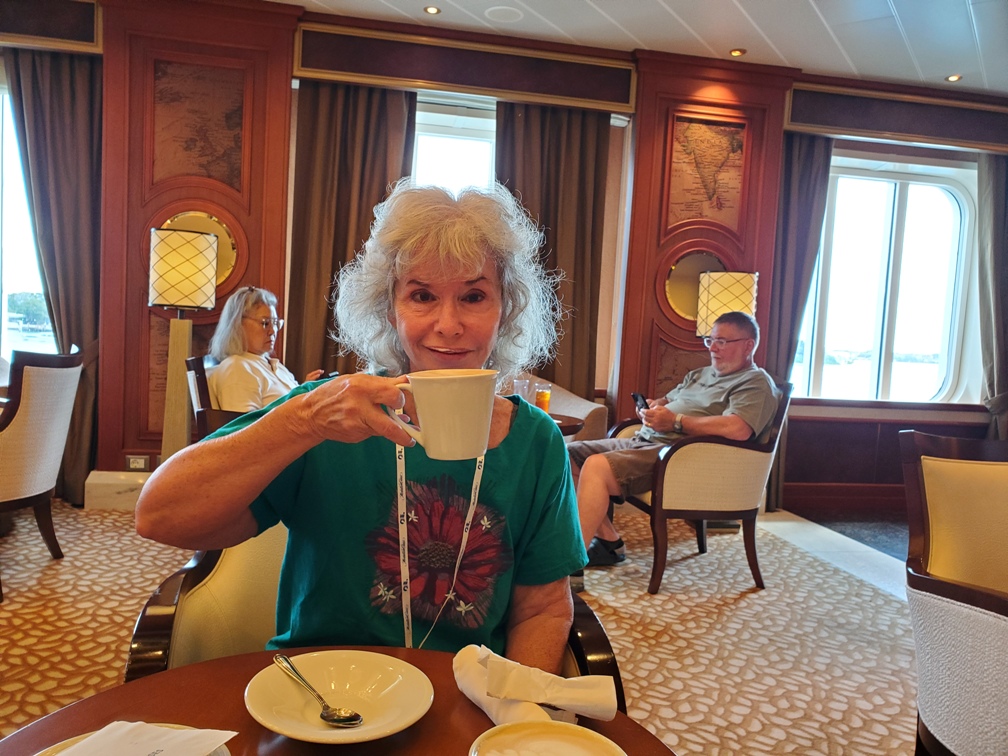
Ship: Enchanted Princess
Cabin : Vista suite S114 / S6
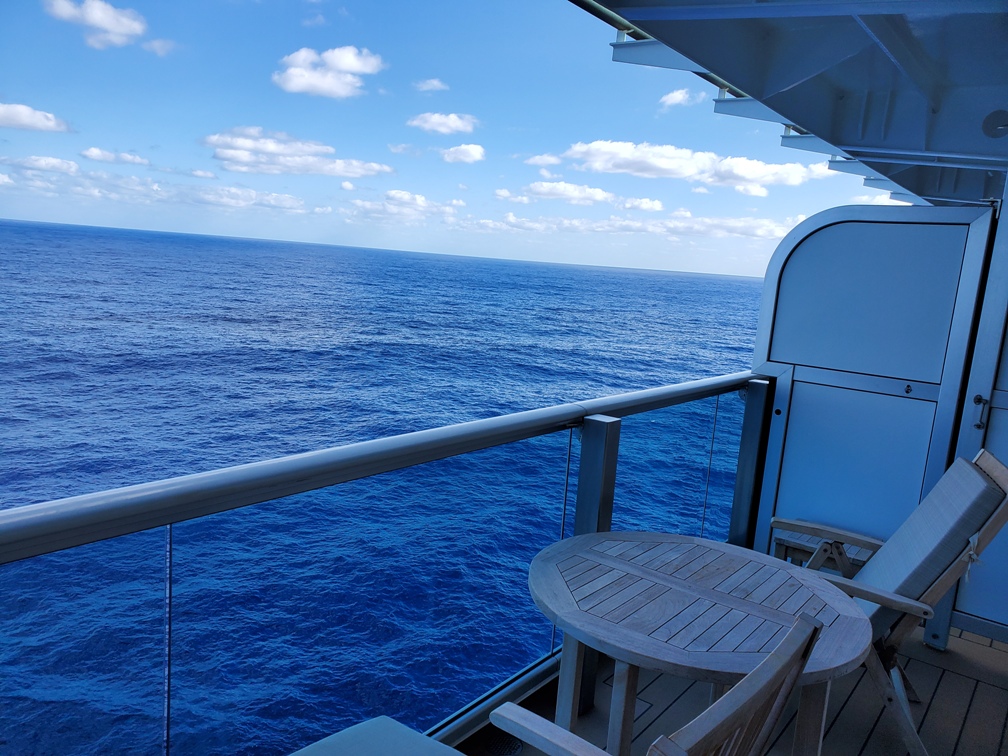
Itinerary:
Date Description Start End
Mar 09 Fort Lauderdale 4:00PM
Mar 10 At Sea
Mar 11 At Sea
Mar 12 At Sea
Mar 13 At Sea
Mar 14 At Sea
Mar 15 At Sea
Mar 16 At Sea
Mar 17 Madeira (Funchal), Portugal 9:00AM 6:00PM
10 am - 2 pm Foodies on Foot:
Mar 18 At Sea
Mar 19 Seville (Cadiz), Spain 7:00AM 6:00PM
10:30AM - 2:30PM A Taste of Andalusia – Adventure in Tapas
Mar 20 Malaga 7:00AM 6:00PM
On our own
Mar 21 Cartagena (Es) 8:00AM 5:00PM
On our own.
Mar 22 Mallorca (Palma) 8:00AM 6:00PM
On our own.
Mar 23 Barcelona 5:00AM
Mar 23-30 San Gimignano
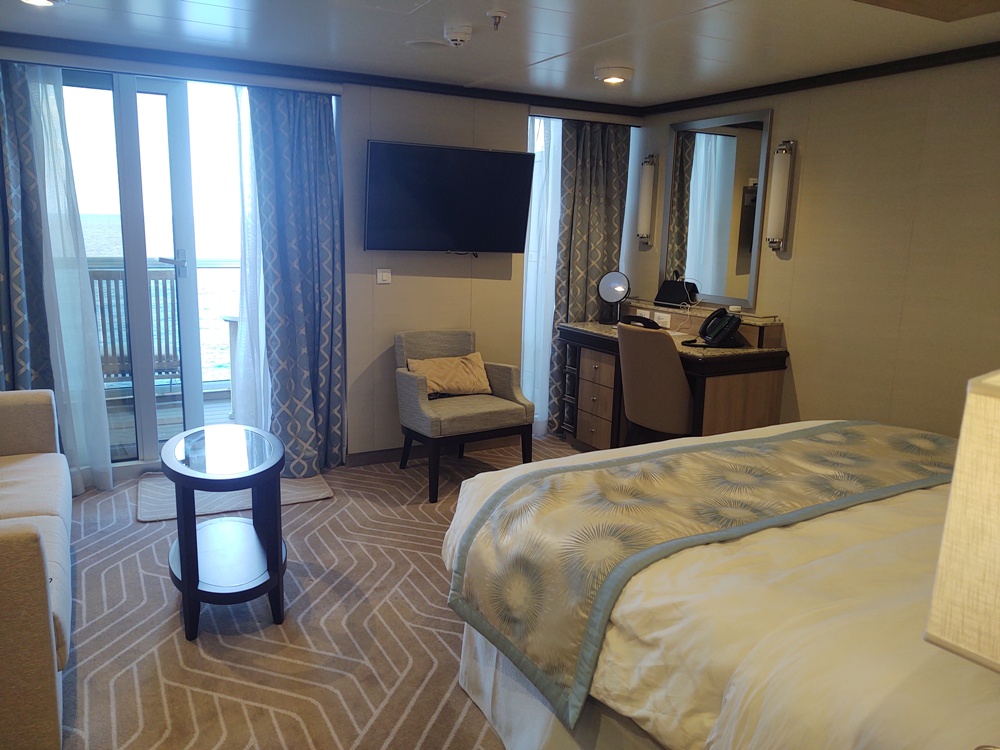
Madeira (Funchal), Portugal:
The capital of Madeira is named after the fennel (funcha)
that once flowered there in profusion. The largest island in
the Madeira Archipelago was discovered in 1419 by Portuguese
explorers venturing south into the Atlantic. The island is
nearly equidistant from Lisbon and the African coast, and
its unique geographical position allowed Madeira to play a
pivotal role in European discovery. Seamen such as
Christopher Columbus gained knowledge and experience plying
the routes of the island's sugar trade. When sugar declined,
the island's famed wines continued to provide a robust
trade. By the late 18th century, Madeira's mild climate,
rocky peaks, and lush valleys provided a winter haven to
Europe's aristocrats. Visitors still flock to the island
today, drawn by its scenery and its weather.
Funchal is noted for its superb hand-embroidery and wicker
ware, both Madeira specialties. The island, of course, is
also noted for its superb wines: they are perhaps the
world's most complex and long lasting wines.
Foodies On Foot: A Perfect Blend Of Local History, Flavors &
Cultures:
Funchal is the foodie capital of
Portugal. Wear comfortable shoes and stroll through its
historical streets on a four-hour guided culinary adventure.
Interact with restauranteurs and the city's gourmet
specialty grocers as you sample regional and local
favorites. At each stop, enjoy a generous sample of the
specialty of the house and sip Madeira wine, local beer,
Portuguese wines, 'Poncha' and refreshing Portuguese Tea.
Around every corner enjoy the captivating historical
buildings and colonial architecture as your guide shares the
city's fascinating 600-year history.
A stroll through Old Town, with its characteristic
cobblestone streets and old facades, is an opportunity to
glimpse its great architectural and historical value. In the
center of the enclave is 15th-century Corpo Santo Chapel and
one of the city's oldest streets, Rua de Santa Maria, which
has been revitalized by Funchal's 'Arte Portas Abertas'
project, which commissioned local artists to turn old
doorways into creative and colorful works of art.
Tastings:
Have a light breakfast (or lunch), as there is much to eat
on this mouth-watering adventure. Your relaxed walk offers a
hands-on experience of Madeira's food trends and city
culture. You never know what's around the corner, but the
list of delicacies you will try may include:
Best homemade local pastry in town
Famous Madeira honey cake
Local Fresh Cheese
Delicious local fish 'espada'
Succulent grilled tuna
Homemade chocolates tasting
Madeira wine
Local beer
Good-quality Portuguese wines
Refreshing portuguese tea
'Poncha' most popular drink in Madeira
Madera
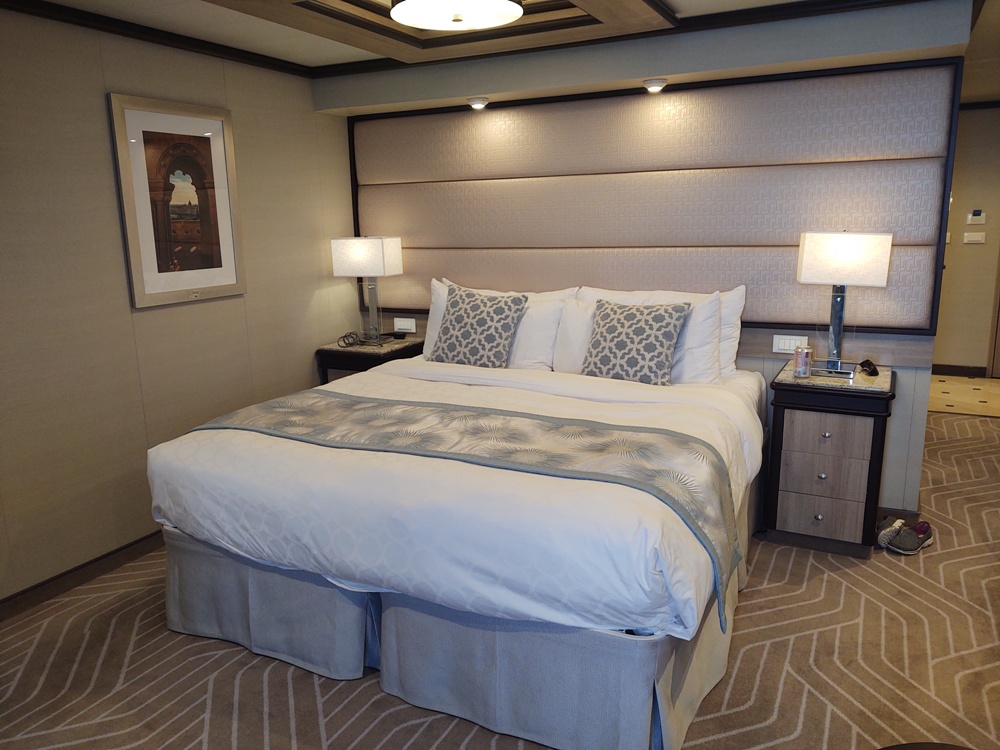
Seville (Cadiz), Spain:
Mention Spain and the images that inevitably spring to
mind are images of Andalusia - shadows falling across the
bullring, the staccato rhythms of flamenco, the waft of
orange blossoms from a Moorish garden. Cadiz is your gateway
to this storied land and the city of Seville. Visit
Seville's massive Alcazar fortress, modeled on the legendary
Alhambra Palace of Granada. See the city's cathedral, a
15th-century Gothic masterwork that boasts a Moorish patio,
fountain and minaret. Seville is also the legendary home of
Don Juan, Bizet's Carmen and Rossini's Barber of Seville.
Cadiz is one's of Europe's oldest inhabited cities, dating
from 1100 B.C., and your gateway to Seville and Andalusia.
Cadiz 2023
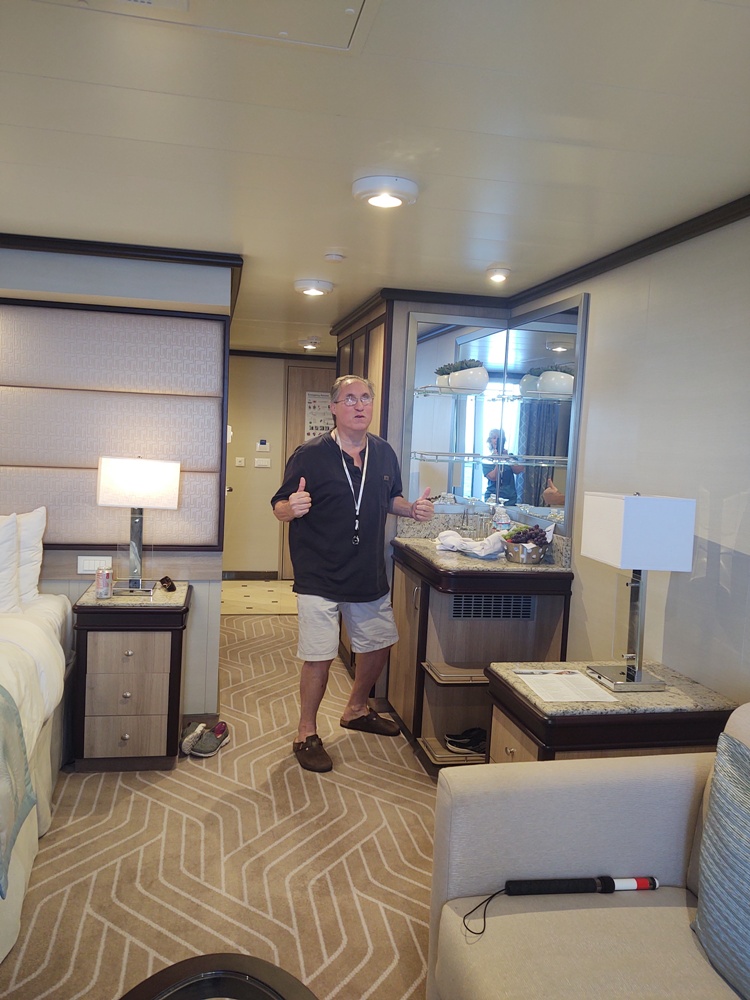
Malaga:
One of Spain's oldest cities, Malaga has been inhabited
since the time of the Phoenicians, who called it Malaka. A
city of narrow streets, whitewashed houses, churches and
sunny plazas, Malaga offers an idealized image of Spain.
Malaga was the chief port for the Kingdom of Granada, the
last stronghold of Moorish Spain. The city fell to Ferdinand
and Isabelle in 1487. The re-conquest of Spain ended with
the fall of Grenada in 1492, the year Columbus discovered
the New World.
In addition to the fabled Alhambra, Granada boasts some
significant landmarks such as the Old Quarter, the majestic
Granada Cathedral, Alcazaba – an ancient Moorish fortress
nestled above the city, and the Royal Chapel – the final
resting place of King Ferdinand and Queen Isabella.
Andalusia's main port is also your gateway to the resorts of
the osta del Sol.
On Our Own:
Malaga
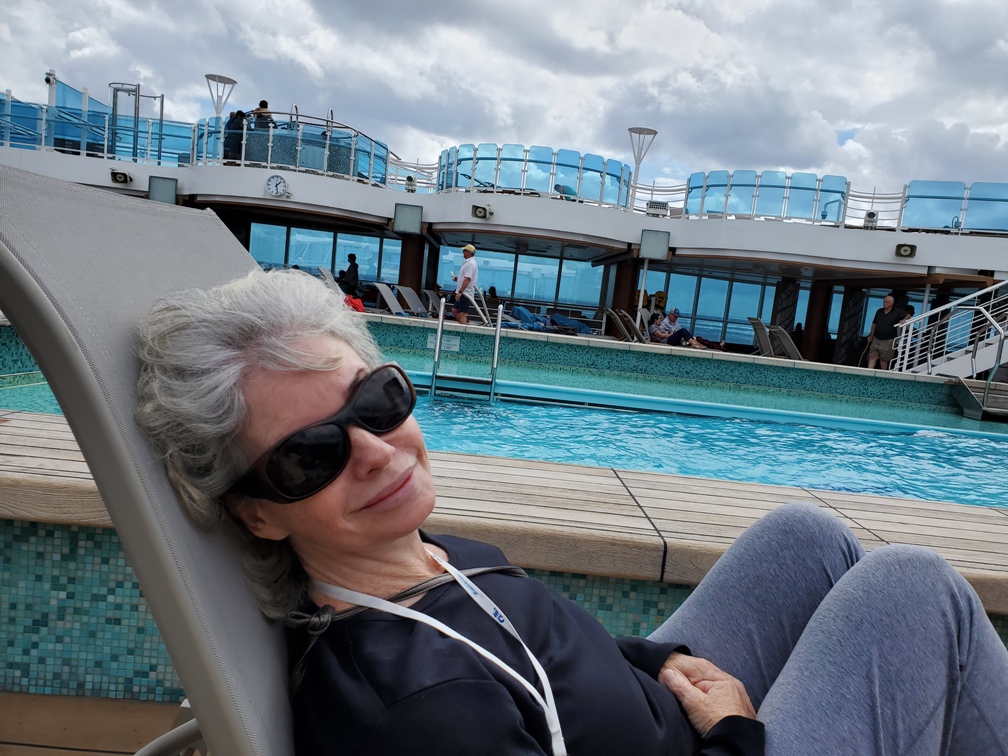
Cartagena:
Cartagena is an ancient port - the city served as
Hannibal's Spanish headquarters during the 2nd Punic War
with Rome. The city remained a major trading port under the
Romans and the Moors. Today, Cartagena is Spain's principal
naval establishment and the site of an annual international
maritime festival. The city is also your gateway to the
Costa Calida, a region that boasts some of Spain's mildest
weather along with 175 miles of beaches.
According to Spanish lore, the idea for tapas either
originated with King Alfonso X, who enjoyed small portions
of food with wine between meals or with campesinos who
snacked during the long hours working in the fields.
Whichever version you believe, these light appetizers are an
undeniably authentic Spanish culinary tradition.
Cartagena
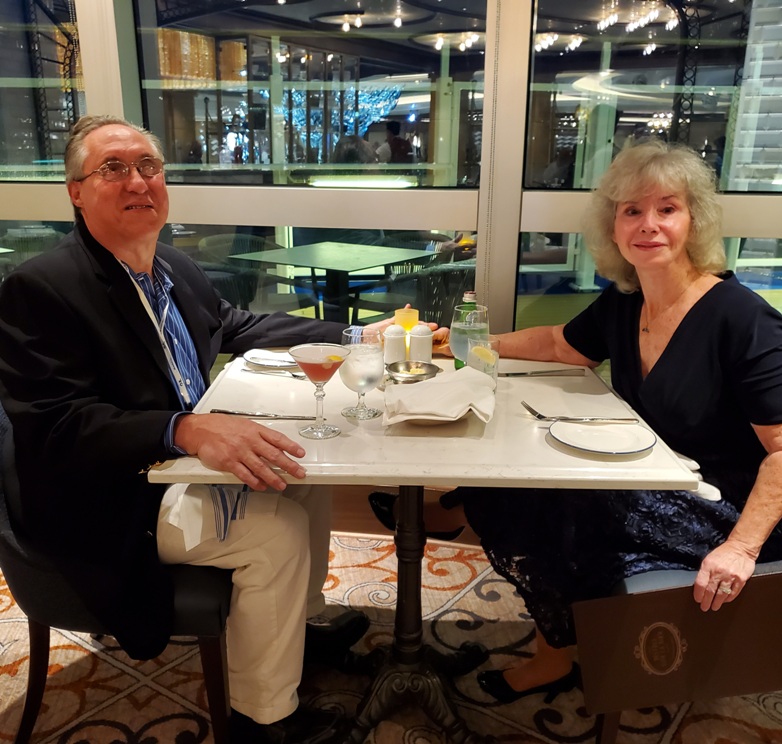
Mallorca (Palma):
Palma is the capital city of the island of Mallorca,
which is one of Spain's Balearic Islands. The city is tucked
into the protected Bay of Palma, creating an impressive view
from the Mediterranean Sea with its imposing Gothic
Cathedral towering above the old town and remnants of
medieval walls that testify to its ancient history. Mallorca
has a varied history, from the Roman occupation in the 2nd
century to Moorish control from the 9th to the 13th century.
Later reconquered by the Spanish kings, it rose to wealth
and power due to its strategic position along the seagoing
trade routes between Africa and Europe.
Today, Palma is the largest city, and also the main tourist
area, with beaches on either side of the city that overflow
with resort hotels. If you venture beyond these environs,
the island's natural beauty abounds, and life continues in a
predictably underdeveloped atmosphere of simplicity. This
aspect has long been an attraction for writers, painters and
musicians that find inspiration here.
Two main languages are spoken on Mallorca - Castilian
Spanish and the Balearic dialects of Catalan - hence the
different versions of names and spellings throughout the
Balearic Islands.
